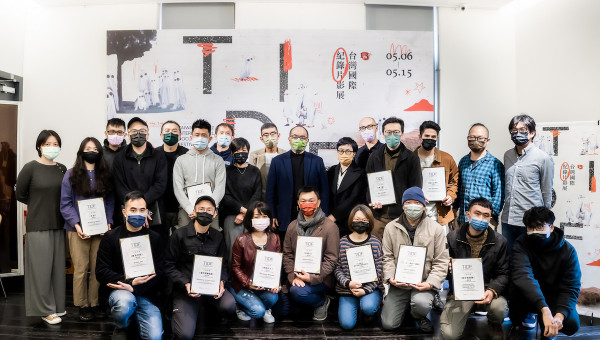TIDF becomes stage for Chinese Independent Documentary Shortlist for new cross-sectional “TIDF Visionary Award” announced
2022/04/09 20:03
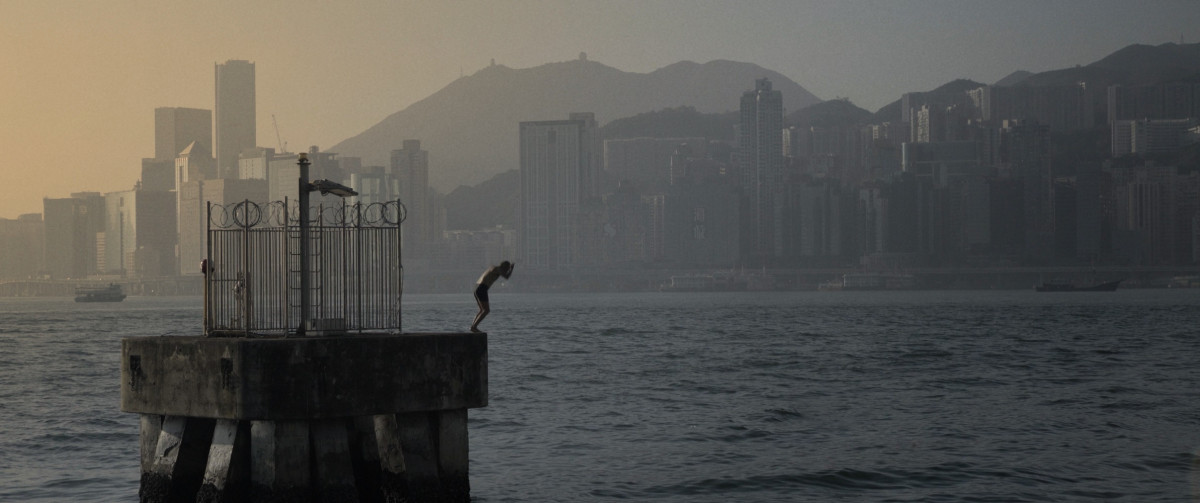
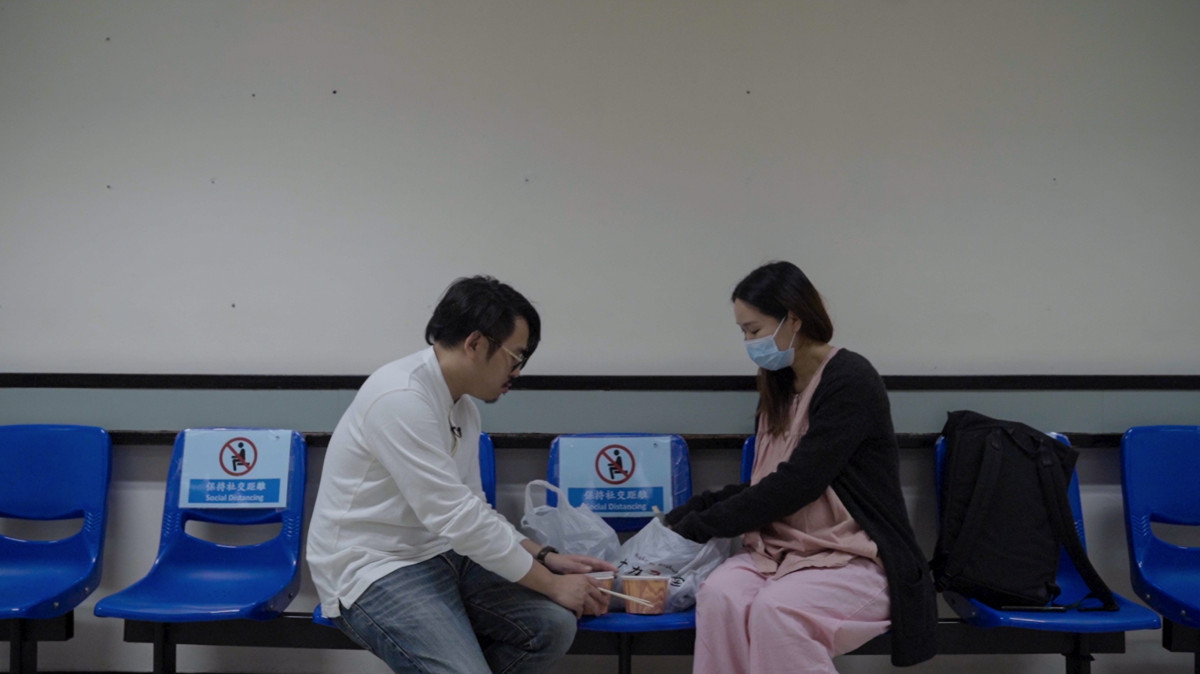
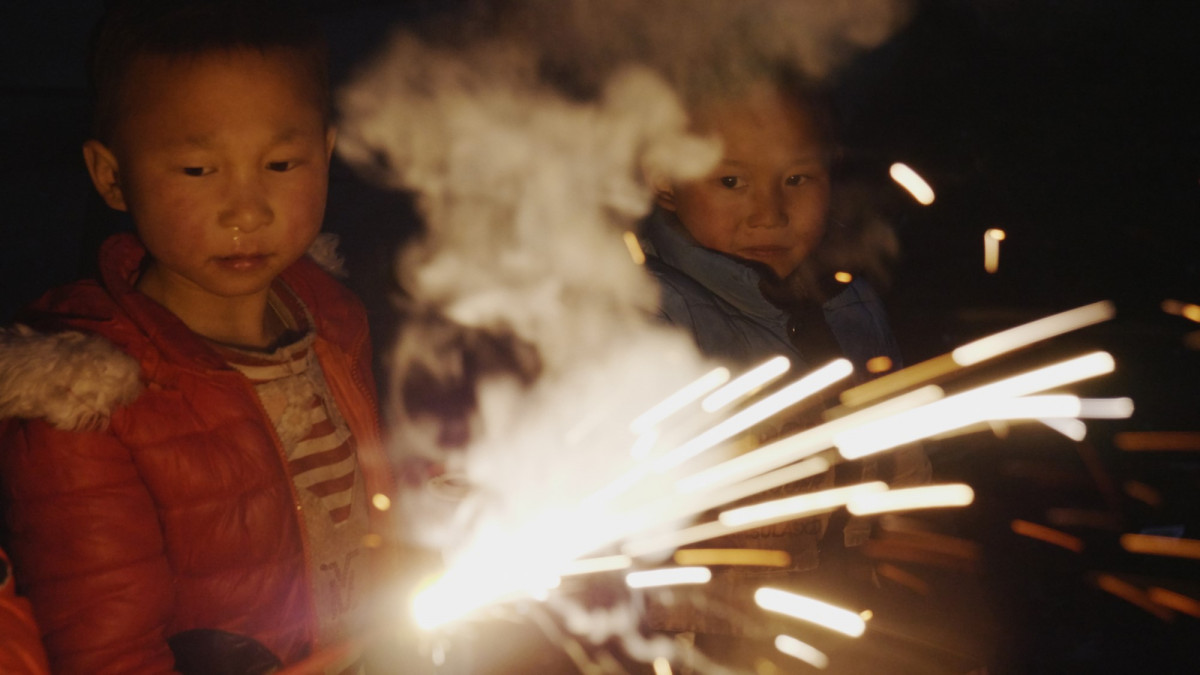

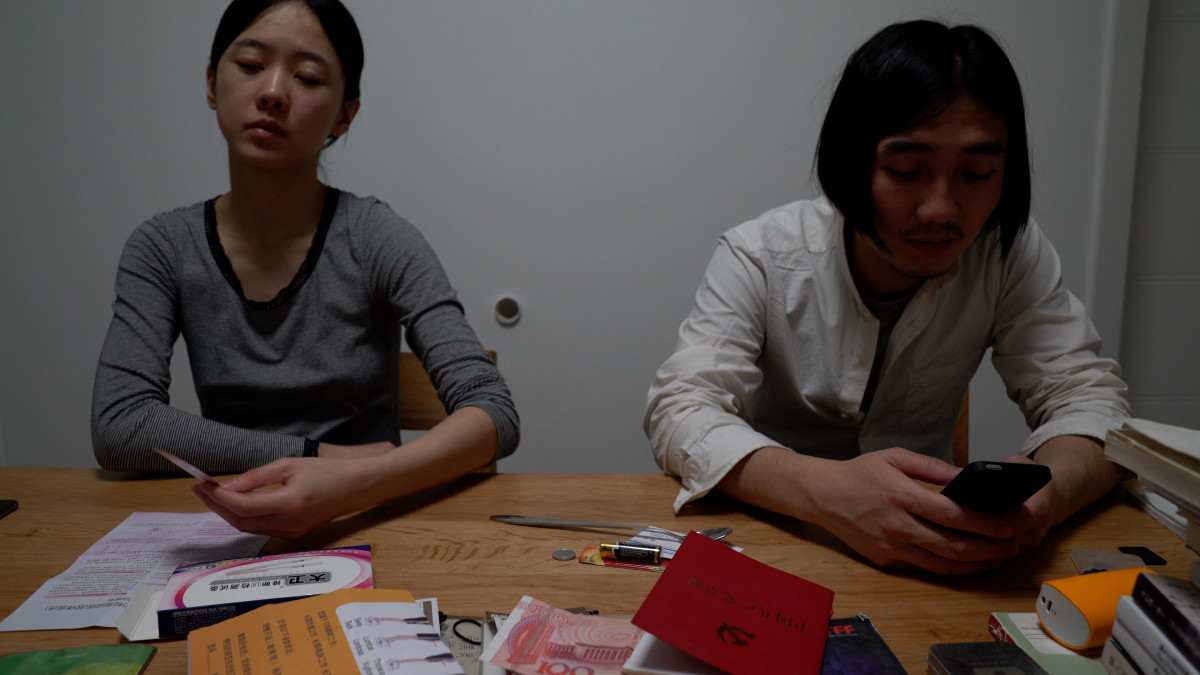
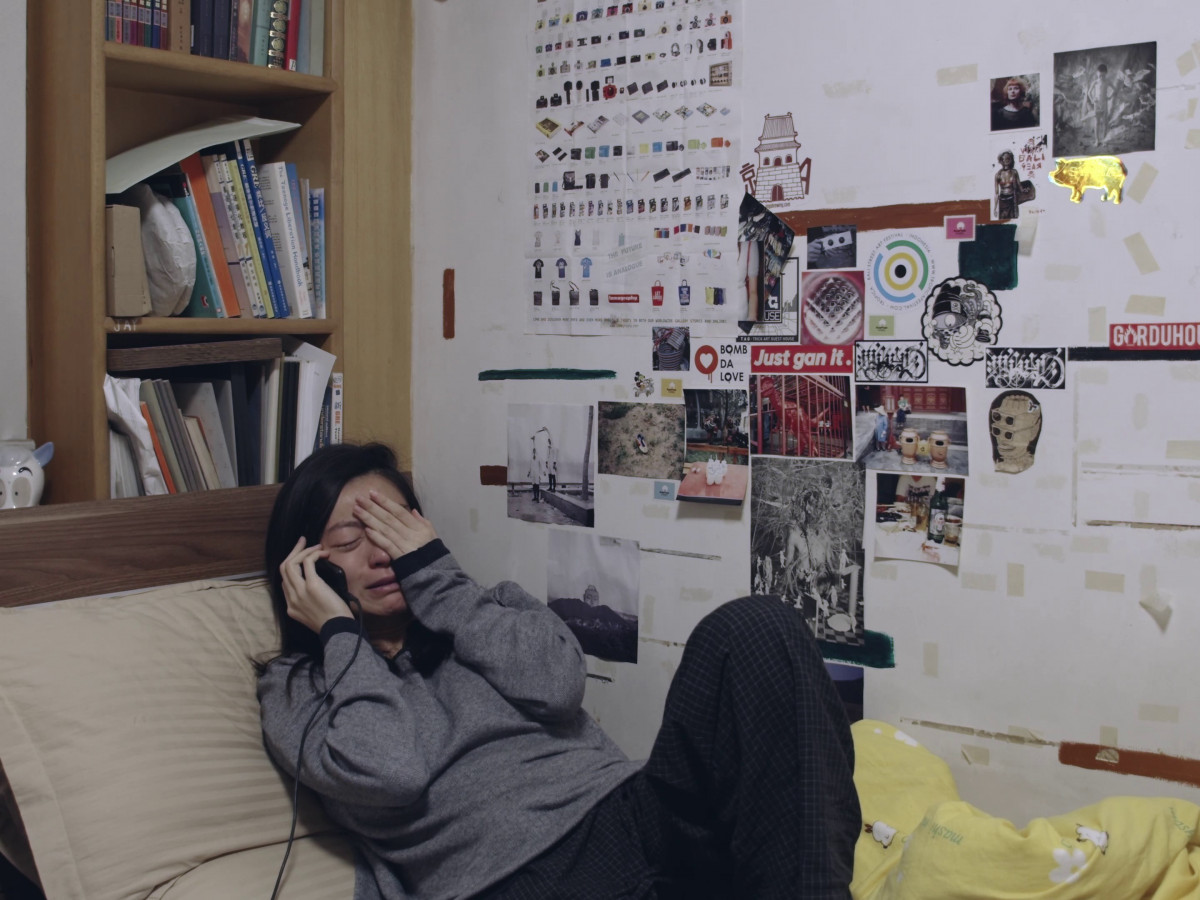
With its acclaimed "Salute! Chinese Independent Documentaries” section, launched in 2014, the Taiwan International Documentary Festival has developed into an important platform for Chinese independent documentaries. This year, the TIDF will screen eight exciting and very diverse films, including the Asian Premiere of CHAN Tze Woon’s Blue Island and the World Premiere of Crystal WONG’s The Grass is Greener on the Other Side. Both films look back at Hong Kong’s fate after the 2019 anti-ELAB movement and its aftermath.
Very differently, films like Weiyena - The Long March Home and I Don't Feel at Home Anywhere Anymore, both by overseas Chinese female directors, explore family histories, the feelings of alienation and nostalgia, and the search for their identities. The section also includes strong works from young Chinese directors that offer glimpses into Chinese society. The World Premiere of LI Wei’s Silence in the Dust looks into the plight of Chinese workers; The Burrows, an Asian Premiere, depicts a burial scene in the Chinese countryside during the epidemic; No Desire to Hide offers an intimate view on a young Chinese couple’s private life.
All these films will be competing for the new cross-sectional TIDF Visionary Award which substitutes the former Chinese Documentary Award. 18 films have been shortlisted for this new award which will provide a stage for free, creative filmmaking in the Chinese-speaking world. The winners will be announced at the 2022 TIDF Award Ceremony on May 12.
Looking at the fate of Hong Kong after the resistance movement
While documentaries like Revolution of Our Times, Inside the Red Brick Wall or Taking Back the Legislature chronicle the events of the Hong Kong resistant movement, director CHAN Tze Woon, who is known for his film Yellowing about the Umbrella Movement, takes a different approach in his new film Blue Island by looking at the fate of Hong Kong from its historical context. Through documentary footage and reenactments, it explores the mental journeys of frontline activists and remaining witnesses, and manages to weave a complex tapestry of this tumultuous era.

Blue Island
The Grass is Greener on the Other Side follows the political migration of Hong Kong people who left the city after the anti-ELAB movement. The film captures the confusion over their identity, and the struggle to break free from a homeland that is no longer welcoming. Director Crystal WONG emigrated a few years ago, but returned to Hong Kong in 2019 and documented the pro-democracy movement. Her film is a reflection of how Hong Kong people can persevere their identity in exile and if there is a place that they can call home.

The Grass is Greener on the Other Side
Documenting the change of times and reflecting today’s Chinese society
Young director LI Wei whose film Enclave was shortlisted for the 2016 TIDF Asian Vision Competition, is back to the TIDF with the World Premiere of Silence in the Dust. The film describes the difficult life of a three-generation family in the mountains of southwest China, where the breadwinner of the family was diagnosed with deadly pneumoconiosis due to the poor working conditions in the quartz powder factory. Through the eyes of a child, the film depicts the plight and cruelty of life of underprivileged people in China.

Silence in the Dust
Another director who was featured in a previous edition of the TIDF is HU Sanshou. He had entered the 2018 Asian Vision Competition with his film Dumb Men, and was successful again this year with his new work The Burrows, an Asian premiere at TIDF. The film chronicles his grandparents' construction of their own grave on a hillside in rural Shaanxi during the epidemic. Interspersed with personal memories and philosophical reflections, it gradually unveils the spiritual world of the hometown and offers a meditation on existence itself.

The Burrows
Chinese independent filmmaker ZHU Rikun's new film No Desire to Hide chronicles the daily lives of controversial filmmaker WU Haohao and his girlfriend GE Ningning, who have agreed to maintain an open relationship, however their differing views often lead them into disputes. Through extremely close and unconcealed shots, the film reveals the souls and desires of the two people in conflict, and also reflects the mentalities of the young generation in contemporary China.

No Desire to Hide
Entanglements of Personal Life and History
Also selected for the International Competition, Weiyena - The Long March Home is an autobiographical work by Weina ZHAO, telling a story of a young overseas Chinese who traces her origins and family history. The journey then leads her into the buried memories, traumas of the Cultural Revolution, and Chinese film history, which made her finally realize how history has scarred several generations of her family and other overseas Chinese.
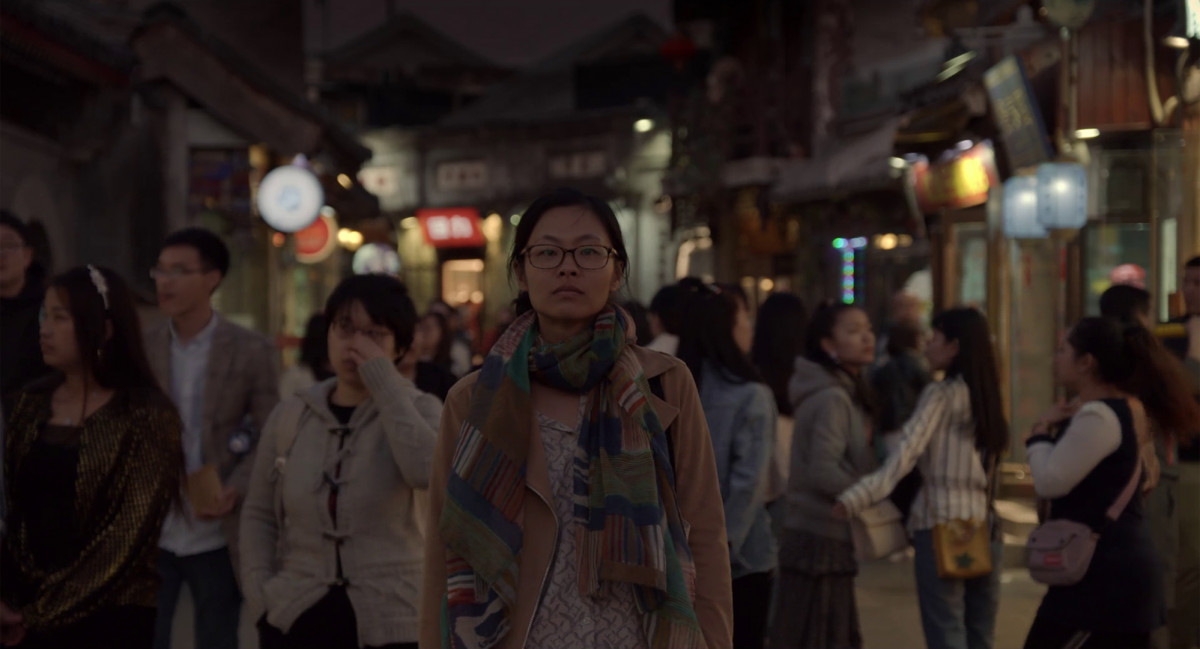
Weiyena - The Long March Home
Another work by an overseas Chinese female director is I Don't Feel at Home Anywhere Anymore. It is a personalized video essay in which director Viv LI, who left China more than ten years ago, returns to Beijing for a short family visit, but finds herself unable to integrate into their lives. She tries to capture the nostalgic memories, but it only leaves her with feelings of discomfort and alienation.

I Don't Feel at Home Anywhere Anymore
Pink Mao, which entered the Asian Vision Competition, revolves around a 100 RMB banknote with its Mao Zedong portrait. Taking the history of this bill as a starting point, director TANG Han contextualizes and discusses the representation of the Mao-portrait on the banknotes and the crisis it is experiencing in the digital age. By exploring the perceptions of color, the film also casually challenges entrenched notions about digitalization, globalization, capitalism and gender.
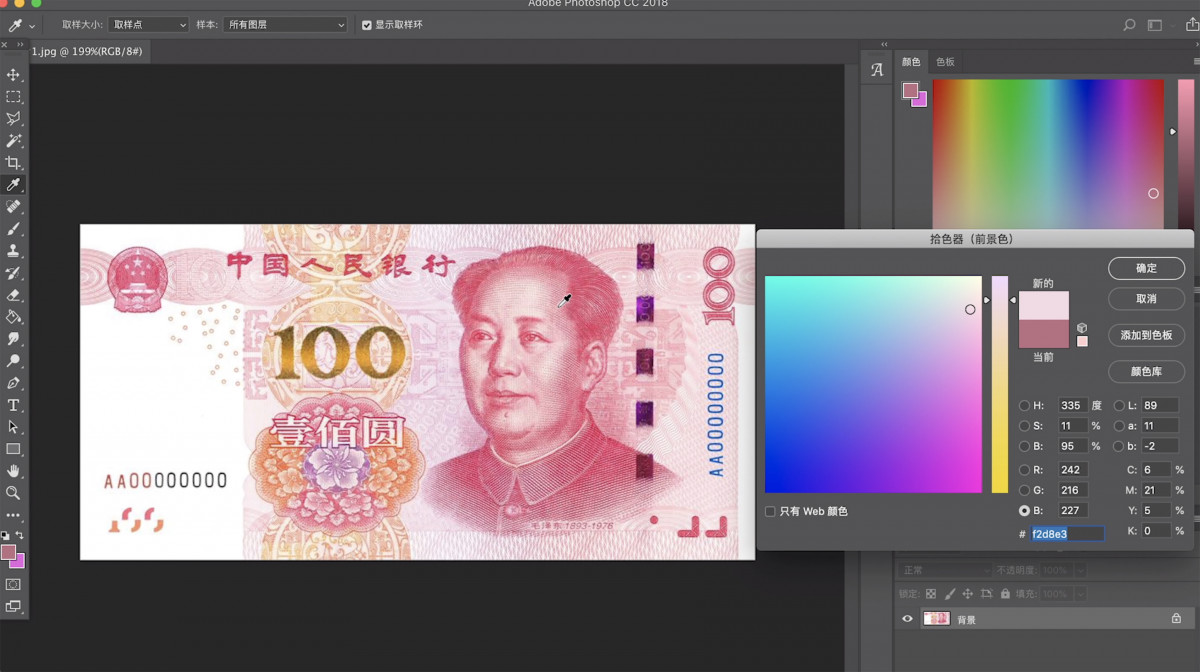
Pink Mao
New "TIDF Visionary Award" Responds to Current Trends
With this year’s edition of the festival, the TIDF redefined its cross-sectional "Chinese Documentary Award" as "TIDF Visionary Award". With this new award, the festival hopes to break down the barriers of language, ethnicity and region, and provide a stage for free creativity in an increasingly complicated and fragmented Chinese-speaking world.
The 18 films shortlisted for TIDF Visionary Award award are listed in the appendix. The winners will be announced at the award ceremony on May 12.
The 13th TIDF will be held from May 6 to 15 2022 at the Taiwan Film and Audiovisual Institute, SPOT Huashan, Vie Show Cinemas Taipei Qsquare, and the C-LAB. The full line-up of 188 films has already been announced. For further details, please check our website and follow us on Facebook and Instagram.
Appendix
Pink Mao
TANG Han│Germany、China
K's Room – The Creation and Destruction of the World
HUNG Wei-lin│Taiwan
Rain in 2020
LEE Yong-chao│Taiwan、Myanmar
Broca's Aphasia
SU Ming-yen│Taiwan
The Burrows
HU Sanshou│China
I Don't Feel at Home Anywhere Anymore
Viv LI│Belgium、China
The Making of Crime Scenes
HSU Che-yu│France、Taiwan
Remember Me
HUNG Chun-hsiu│Taiwan
No Desire to Hide
ZHU Rikun│China
The Grass is Greener on the Other Side
Crystal WONG│Hong Kong、 United Kingdom
Taste of Wild Tomato
LAU Kek-huat│Taiwan
Kaohsiung City, Yancheng District, Fubei Rd., No.31
CHIANG Wei-liang│Taiwan
The Lucky Woman
TSENG Wen-chen│Taiwan
The Catch
HSU Che-chia│Taiwan、Japan、South Korea
Green Jail
HUANG Yin-yu│Taiwan、Japan、France
Silence in the Dust
LI Wei│Singapore、France、United States、China
Weiyena - The Long March Home
Weina ZHAO、Judith BENEDIKT│Austria
Blue Island
CHAN Tze Woon│ Hong Kong、Japan、Taiwan


